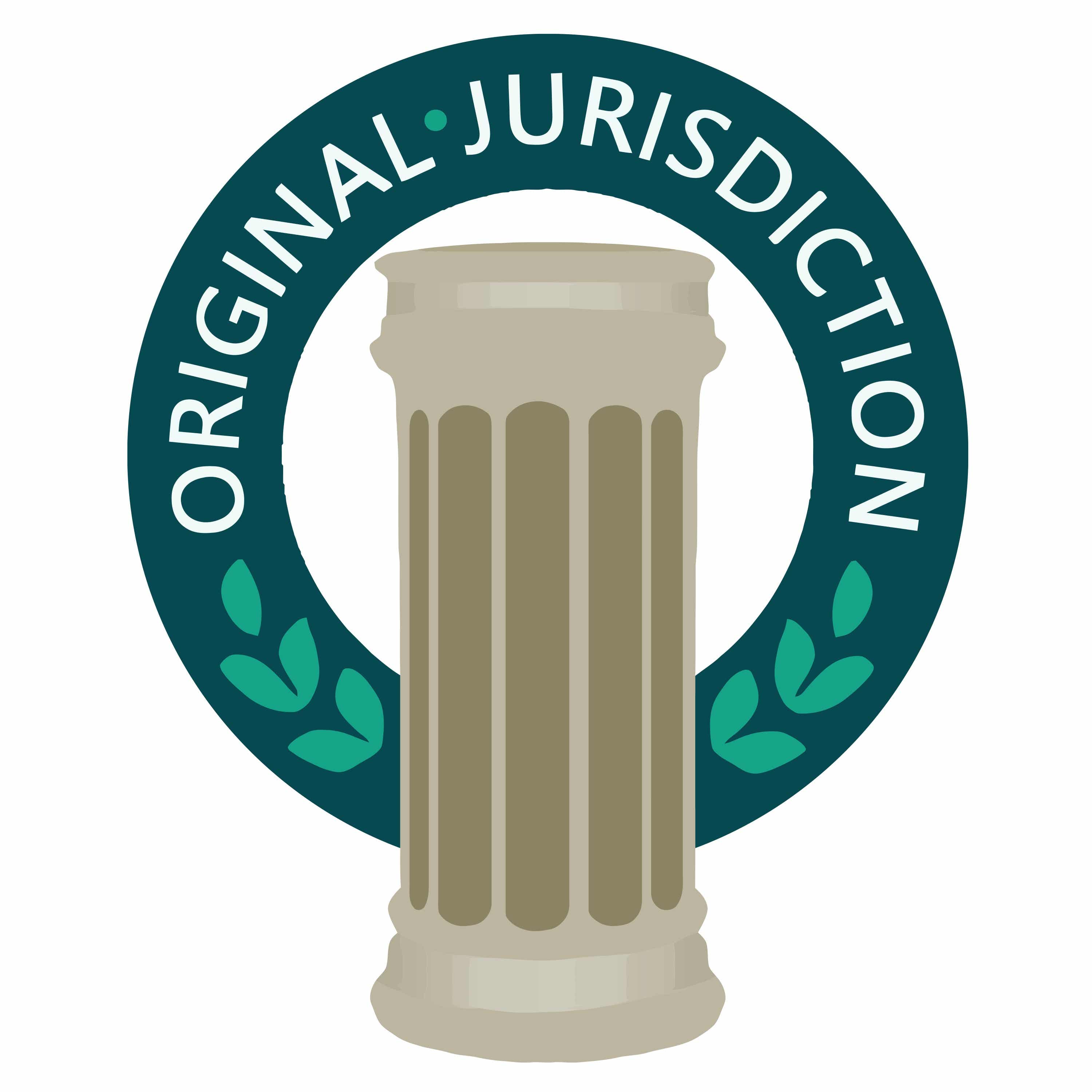 |
Original JurisdictionNews, views, and colorful commentary about law and the legal profession. Author: David Lat
Original Jurisdiction, a podcast about law and the legal profession, features host David Lat interviewing some of the most interesting, influential, and important people in the world of law. It's the companion podcast to Lat's Substack newsletter of the same name. You can follow David on Twitter (@DavidLat) or email him at davidlat@substack.com, and you can subscribe to his newsletter at davidlat.substack.com. davidlat.substack.com Language: en Genres: Business, Careers, News, News Commentary Contact email: Get it Feed URL: Get it iTunes ID: Get it |
Listen Now...
Launching A Boutique In Turbulent Times: Timothy Heaphy
Wednesday, 21 January, 2026
How would you react if you saw Jack Smith, the former special counsel who prosecuted Donald Trump, at Costco?It might just happen. Last week, Jack Smith launched his own litigation boutique, along with three other former federal prosecutors: Timothy Heaphy, David Harbach, and Thomas Windom. A new law firm is like a startup, where the founders have to do many things themselves—so on Tuesday of last week, Tim Heaphy and two of his partners went to Costco to buy paper towels. Jack Smith didn’t join them—he was busy preparing for his testimony before the House Judiciary Committee, taking place tomorrow—but according to Heaphy, Smith’s on deck for the next Costco run.This was one of several fun tidbits that Tim Heaphy (pronounced HAY-fee) shared with me in the latest episode of the OJ podcast. We covered a number of interesting subjects, including Heaphy’s service as both a U.S. attorney (W.D. Va.) and as chief investigative counsel to the House Select Committee to Investigate the January 6th Attack; what Heaphy, a former partner at Willkie Farr, thought about the firm’s settlement with the Trump administration; and what the mysterious Jack Smith is like as a person.This is an episode you won’t want to miss—especially if you’re interested in the intersection of law and politics during the second Trump administration.Show Notes:* Timothy J. Heaphy bio, Heaphy, Smith, Harbach & Windom LLP* Jack Smith’s New Venture Shuns Label as Anti-Trump Attack Dog, by Justin Henry for Bloomberg Law* Jack Smith’s New Law Firm Opens Its Doors, by Abigail Adcox for Law.comPrefer reading to listening? For paid subscribers, a transcript of the entire episode appears below.Sponsored by:NexFirm helps Biglaw attorneys become founding partners. To learn more about how NexFirm can help you launch your firm, call 212-292-1000 or email careerdevelopment@nexfirm.com. This is a public episode. If you'd like to discuss this with other subscribers or get access to bonus episodes, visit davidlat.substack.com/subscribe











